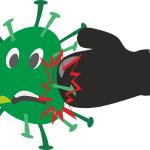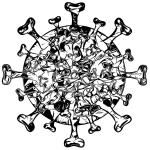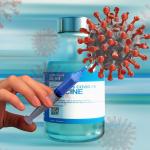The basic COVID-19 disease metrics are cases (positive tests, interpreted as infections) and deaths (death certificates). The headlines on cable news are usually national totals: 30+ million cases and 560,000+ deaths.
Disease
Ringing in the ears, aka tinnitus, already extremely common, is now being linked to COVID.
Shortly after SARS-COV-2 began its global rampage last spring, the anti-vaccine movement tried to capitalize on the crisis.
I wrote about AstraZeneca’s vaccine problems a little over three weeks ago, mainly about the “unforced errors” in reporting.
In recent months, the mainstream press has been on a crusade against COVID vaccine skepticism, tenaciously promoting science-based medicine and expressing little tolerance for anybody who holds a contrarian opinion.
Before jumping into the study, let’s take a moment to talk about R0, that standard measure of infectious transmission.
The same group of researchers that brought us the understanding of why our hair turns grey has released another study looking at a reason, beyond genetics, for hair loss.
The Centers for Disease Control and Prevention has released provisional mortality data[1] by cause, age, and race for 2020 that facilitates assessing “exc












